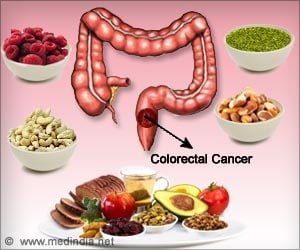Women with breast cancer take the drug Herceptin for a year after surgery based on the current recommendation but the treatment can be cut short to 9 months.

- The chemotherapy drug Herceptin is prescribed for patients with breast cancer after a surgery.
- The treatment is actually given for 12 months but can be given for 9 months, according to a study.
- Switching to the nine-week course of Herceptin could also save the NHS over 100 million a year.
Herceptin For 12 or 9 months?
The drug’s manufacturer Roche recommends that women take the drug for a year after surgery, based on their trial information, and this is the current recommendation in the UK.
When the National Institute for Health and Care Excellence (NICE) approved the drug in 2006, the Evidence Review Group’s report stated that it wished to see further evidence included on the effect of using the drug for shorter lengths of time.
In 2014, there were 46,085 new breast cancer cases in women and the researchers estimated that 5,678 of these patients were eligible for Herceptin. Switching these patients to the nine-week treatment would have saved the NHS 132 million at 2014 prices.
This study, which was carried out with City, University of London, analysed three options -- giving Herceptin after surgery for 12 months, 9 weeks, or not at all.
The scientists looked at three outcomes in the five-year period - overall survival rates, the rates of secondary cancer and whether any patients died of a heart attack. The analysis involved extrapolating patients’ disease status and quality of life for 50 years into the future, to see what the long-term effects were.
Study Findings
"This work provides additional evidence for Herceptin as a drug for breast cancer treatment. Where it differs from other work is that it shows the potential benefits of nine weeks of treatment instead of 12 months, in terms of both reduced costs and improved patient outcomes," said Dr Caroline Clarke (UCL Institute of Epidemiology and Health Care), who led the research.
"Overall, our results suggest that the 9-week option could be the best option for both patients and the NHS, as it is apparently just as effective as the 12-month duration, safer in terms of leading to fewer cardiac side effects, and cheaper."
The analysis had limitations including the fact that it was based on a model that incorporated two similar trials, rather than on a single trial directly comparing the three different options, so the results should be viewed with caution. Also, the trial used for the 9-week data had a relatively small number of patients in it and hence there is some uncertainty in the results.
Reference
- Caroline Clarke et al., Shorter herceptin breast cancer treatment may produce better results, PLOS ONE (2017).
Source-Medindia















